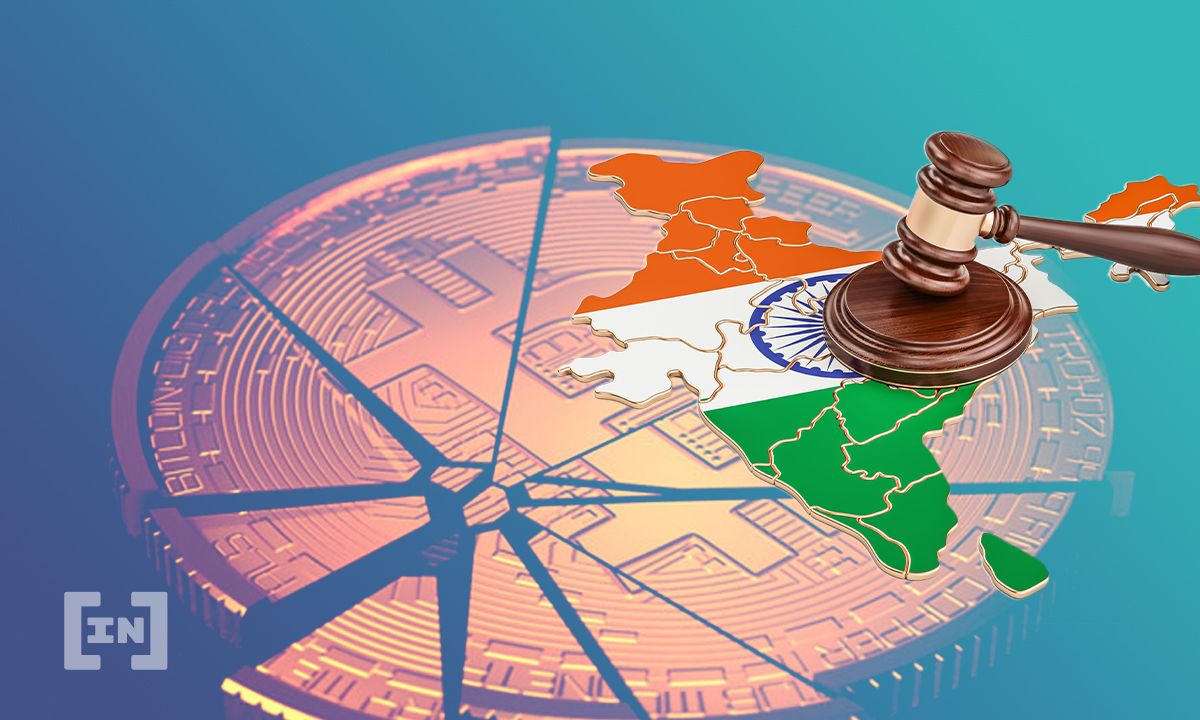The Indian government will review the Cabinet-approved bill surrounding cryptocurrency during the anticipated 3-week winter session of parliament in an attempt to foster a “middle-of-the-road” approach.
The Indian government has tabled proceedings around cryptocurrency regulation for the winter session of parliament, set to commence on Nov. 29, 2021, and end on Dec. 23. This announcement was made on Tuesday, Nov. 23, 2021. The decision was reached by the standing committee on finance, wherein a prominent parliament member met people from exchanges, the Blockchain, and Crypto Assets Council, and other stakeholders on Nov. 16, 2021, to find a middle ground for crypto regulation, much like parts of Europe, and unlike China. A bill known as the Cryptocurrency and Regulation of Official Digital Currency Bill (2021) will be one of 26 new bills that will be under review.
The parliament will discuss the limited use cases for private cryptocurrencies and the big elephant in the room, the framework for an Indian Reserve Bank Central Bank Digital Currency. The governor of the Reserve Bank of India, Shaktikanta Das, has expressed concerns regarding crypto’s potential to induce “macroeconomic and financial stability” problems and has called foul on numbers presented by crypto exchanges, saying that they are inflated. There have also been long-held concerns about investor protection and enticing advertisements which have the potential to lure young investors into risky transactions.
Key Stakeholders Weigh In On Bill
There are issues around taxing crypto earnings and the appropriate classification of crypto assets that are included in the bill. A government official has indicated that crypto will most likely get the status of an investment asset category, making it fit for trading and not that of a currency. Regarding taxation, the Revenue Secretary said that the government would standardize taxation regulations of brokerages and trading platforms based on how similar existing entities are required to comply.
Nischal Chetty, CEO, and Founder of WazirX, expressed excitement at the bill, extolling it as the first step towards India’s dominance of Web 3.0. Kashif Raza of crypto education platform Bitnning has urged caution regarding the new bill, noting its similarity to the old bill, passed in 2018. Sathvik Vishwanath, CEO of UnoCoin, commented that the term “private cryptocurrencies” has not been adequately defined.
Banks Caution Against Cryptocurrencies
Banks in India have been emailing customers regarding the risks of investing in cryptocurrencies, highlighting specifically the high returns promised to novice investors. Cryptocurrencies were banned in India in 2018, a ruling which India’s Supreme Court overturned in early 2021. India’s securities watchdog, the Securities and Exchange Board of India, gave the green light to the first cryptocurrency Exchange-Traded-Fund, which invests in Coinbase, Microstrategy, and Bitfarms, amongst others.
What do you think about this subject? Write to us and tell us!
Disclaimer
In adherence to the Trust Project guidelines, BeInCrypto is committed to unbiased, transparent reporting. This news article aims to provide accurate, timely information. However, readers are advised to verify facts independently and consult with a professional before making any decisions based on this content. Please note that our Terms and Conditions, Privacy Policy, and Disclaimers have been updated.


